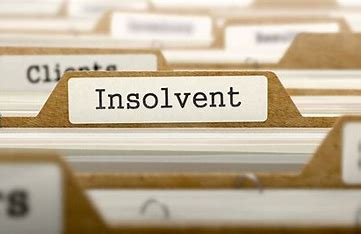10-10-2024
When construction contractors become insolvent (whether by administration, winding-up, or other means) there is often a significant financial knock-on effect on their immediate subcontractors and suppliers. Many of these entities will find themselves left short of payments owed by the insolvent company.
But how does this insolvency impact those further down the supply chain? For example, consider the sub-sub-contractor who is not working directly for the insolvent main contractor but instead is employed by a subcontractor, who, in turn, is working for the now insolvent main contractor.
In such a scenario, the sub-subcontractor will seek payment from the subcontractor. However, the subcontractor may not have been paid for the same work by the insolvent main contractor. This raises an important question: Is the subcontractor obligated to pay their sub-subcontractor for sums they themselves have not received, or can they be excused from payment due to the insolvency of the main contractor?
Many in the industry are aware that “paid-when-paid” provisions are prohibited under the under the Housing Grants, Construction and Regeneration Act 1996 (as amended) (the “Construction Act”). As such, one might assume this prohibition provides a clear answer. However, the situation is more complex. The same section of the Construction Act that prohibits these provisions also provides an exception, allowing conditional payment terms in the event of upstream insolvency.
Section 113 of the Construction Act states:
“A provision making payment under a construction contract conditional on the payer receiving payment from a third person is ineffective, unless that third person, or any other person payment by whom is under the contract (directly or indirectly) a condition of payment by that third person, is insolvent”.
However, this exception alone does not give the subcontractor an automatic right to tell their sub-subcontractor: “Sorry, our employer is insolvent and hasn’t paid us, so we cannot pay you.” Why? Because the right is not implied into the contract. To invoke this right, an express provision permitting “paid-when-paid” terms in cases of insolvency must be written into the contract between the parties.
Thus, the answer depends on what is stipulated in the contract between the subcontractor and sub-subcontractor:
- If the contract contains an express and valid provision allowing paid-when-paid in cases of insolvency, the subcontractor may be protected from having to make payment until they themselves are paid by the insolvent main contractor.
- If no such clause exists, the sub-subcontractor may be entitled to payment regardless of whether the subcontractor has been paid.
If you are concerned about the clauses in your contracts or outstanding payments in light of construction insolvencies, please give us a call to see how we can assist.


